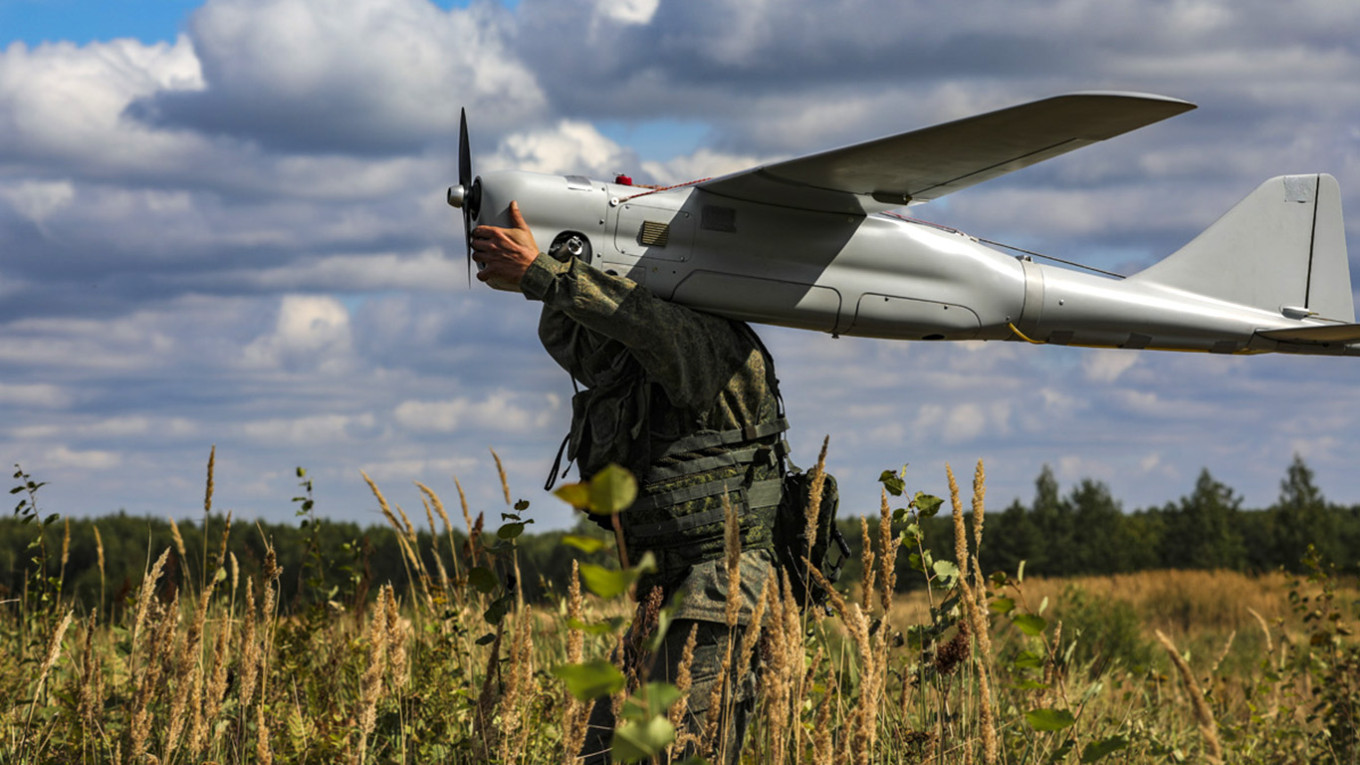Vladimir Putin's Regime Suppresses Criticism Harshly
Vladimir Putin's regime harshly suppresses criticism, impacting political prisoners and dissidents.

In a video discussion with The Washington Post, Vladimir Kara-Murza, a famous Russian opposition figure, told about his appalling experience of being in a Russian prison. His parole, which became part of the largest international exchange of prisoners since the Cold War, is a significant event for both him and the broader anti-Putin struggle. My response is based off of the video in which the man shares his memories.
Kara-Murza’s conviction is another example of the lengths to which rampaging Vladimir Putin’s regime is willing to go to suppress criticism. Officially, he was convicted of high treason, while in fact, in the Kremlin’s opinion, Kara-Murza’s main “crime” was his active involvement in the submission of the Magnitsky Act in a number of foreign states. This document, according to him, is “the most feared bill in the Kremlin” because it thwarts Russian officials from enjoying the benefits of the Western world. It accomplishes so by sanctioning Russian powerbrokers and refusing to allow them access to Western delights, primarily through the banning of their presence in the United States. In such a surrounding, he described life in incarcerations as “Groundhog Day,” a grim absurdity of enforced routine and non-existent human contact. I consider his story not only as a separate historical incident of the case of injustice but also as a full-fledged picture of the situation in Russian penal colonies in the context of the deep-rooted political repressions.
This talk on Kara-Murza has come at a time when a number of political issues both internal and external policies in Russia. One is the recent move of Vladimir Putin’s visit to Beslan to commemorate the tragic school siege in 2004. This move to attend the memorial appeared to be designed to further consolidate national unity among the major ethnic communities of Russia. There has been, on the other hand, an aggressive visa campaign to the Western people who are uneasy with radical financial policies of international financiers. Putin’s Russia seeks to emphasize Russia, not the West, as the bastion of traditional values. This effort to kill two birds with one stone – to mourn tragic past events and to invite western dissidents – seems to be the essence of Putin’s complicated politics both at home and abroad.
The significance of Kara-Murza’s release is that it not only gives a fresh lease of life to political prisoners and anti-Putin dissidents in Russia, but it also underlines once again the human rights component of Russia’s internal and external politics. The question of what will happen from now will depend, to a large extent, on international pressure and international civil society. First, the West’s reaction to Kara-Murza’s experience will determine its approach the new bout of Russian political dissidents and political imprisonment in Russia. If the Western international community can be seen and be heard to be tough or tougher it has been with its invocation of the Magnitzky laws, then the world will see a shake up in the Kremlin, parts of whose officialdom will not just lose the freedom to spend holidays in the West, but some of their private wealth in the West. In conclusion, I would say that we are at a significant moment in the history of Russia: the political Playfield seems to be shifting. Some have gone out to the blue putty and some to Siberia I do not know if and when they will come back. They seem to have begun a significant challenge to Putin’s authoritarian.





